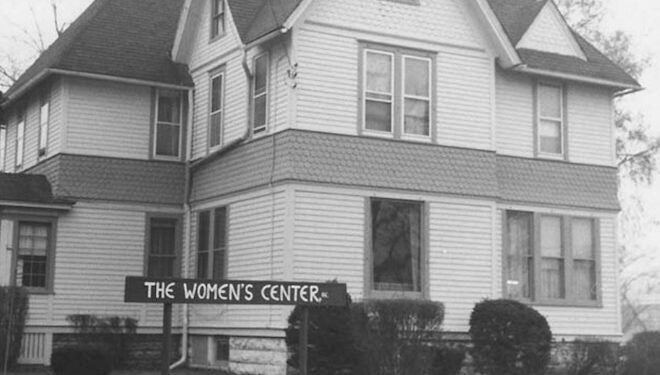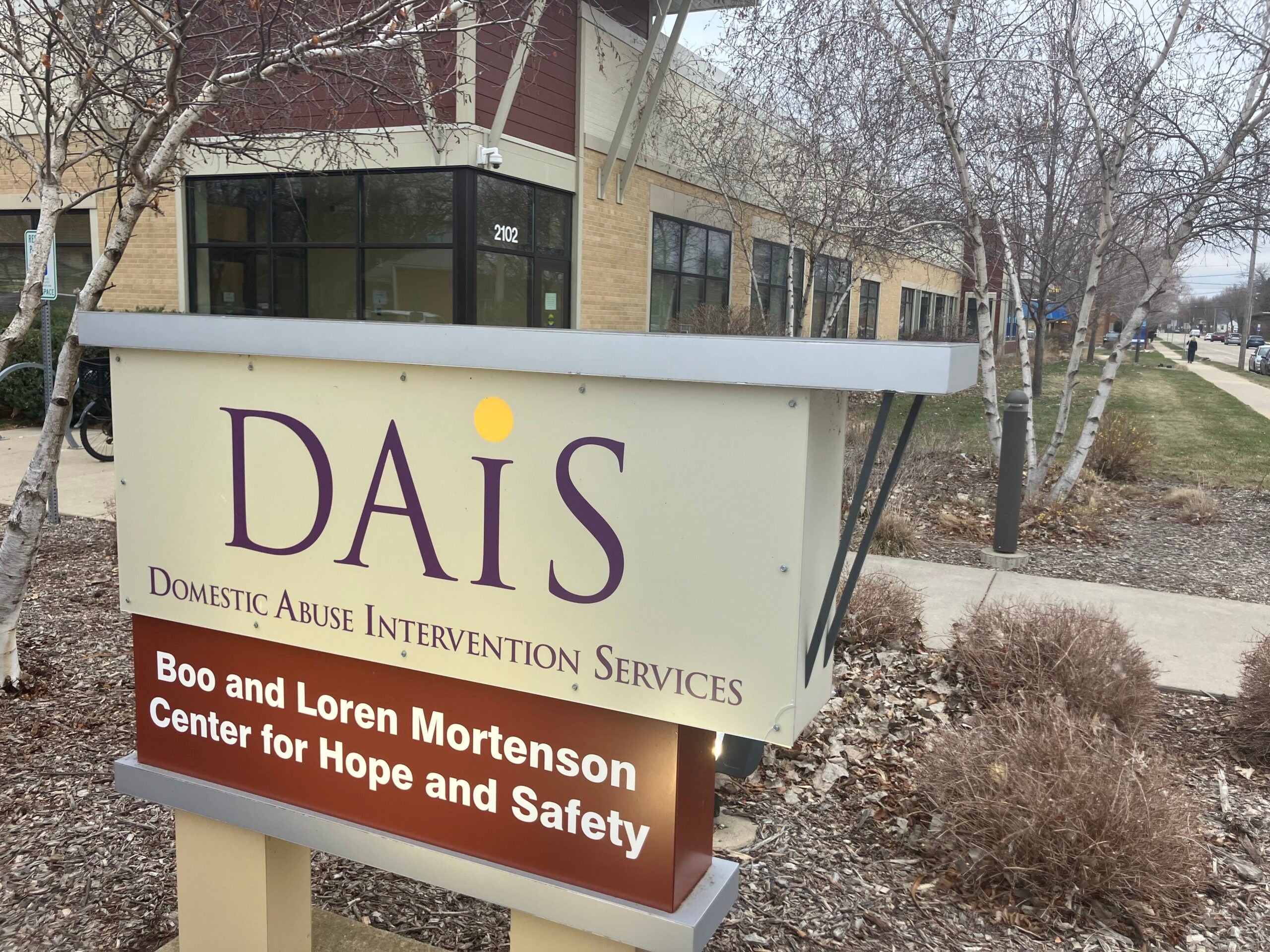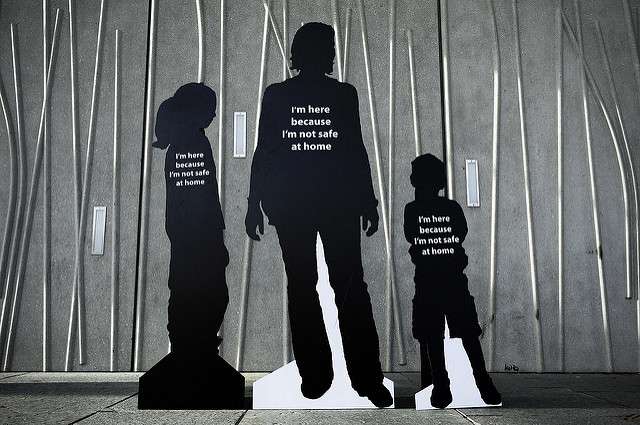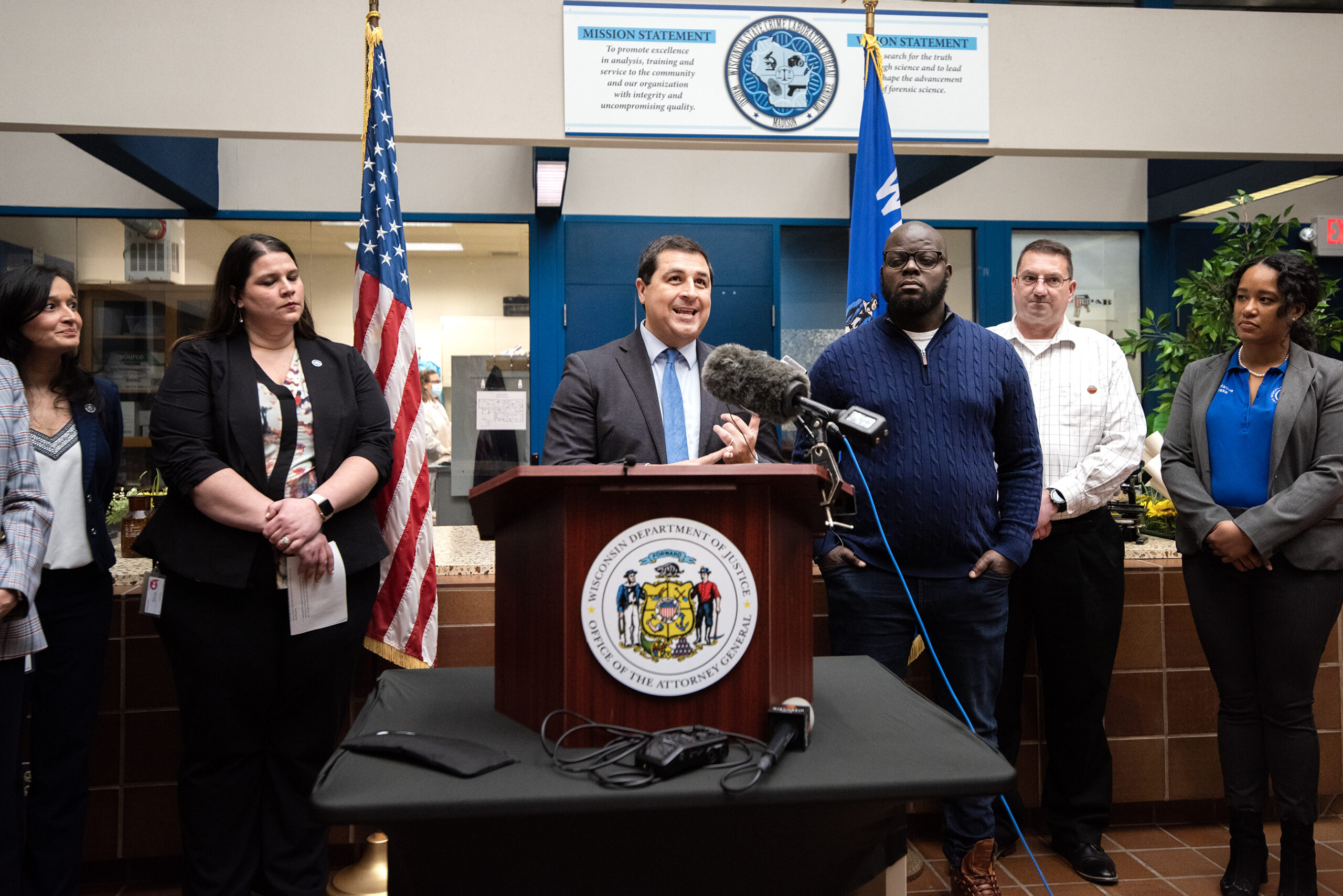A proposed bill in Wisconsin would allow survivors of sexual assault the opportunity to petition for a lifetime restraining order against their convicted assaulter.
State Rep. Barbara Dittrich, R-Oconomowoc, announced the new legislation Wednesday.
Referred to as “Kayleigh’s Law,” the bill would allow survivors of first-degree, second-degree or third-degree sexual assault to seek continued protection from contact with their assailant even after that person’s probation has ended.
Stay informed on the latest news
Sign up for WPR’s email newsletter.
Under current state law, a civil restraining order may be issued for an adult for up to four years and can be extended for up to 10 years if there is a substantial risk to the victim. In criminal court, bond provisions or probation provisions often prohibit the perpetrator from contacting the victim.
Dittrich said she thinks many people don’t realize protection for survivors doesn’t last.
“We do have restraining orders, but they aren’t endless,” Dittrich said. “You can have them for a certain period of time, you can even get extensions on them, but they don’t last a lifetime. So there is a chance that a victim would have to face that person again. And that’s pretty upsetting for someone who has gone through this.”
The legislation was first passed in Arizona with bipartisan support and signed into law there in April. The law is named after Kayleigh Kozak, a survivor of childhood sexual abuse who petitioned Arizona lawmakers to make the change after her own restraining order against her abuser ended.
“There were no protections in place for her once that probation finished,” Dittrich said. “So she’s really kind of made it her mission, first in her home state and now Wisconsin would be the first subsequent state, to address that issue.”
Dittrich said the change would be “empowering” for survivors of sexual assault and human trafficking, something she thinks lawmakers from both sides of the aisle will rally behind.
“After we get past the budget season, which can be obviously contentious in divided government, I think it’s great having something out here that we can unite around and get to the governor’s desk,” Dittrich said.
At a press conference announcing the new bill Wednesday, Dittrich was joined by Kozak and several survivor advocates from Wisconsin.
Krista Hull, director of Redeem and Restore Center in Brookfield, said she believes the legislation is an important way to support survivors.
“My heart breaks for those who have been sexually abused because it is not just a physical act, this affects you emotionally and mentally, and they all work together,” said Hull, who is also a survivor of sexual abuse.
Ryan Poe-Gavlinski is clinical director of the Victims of Crimes Act Restraining Order Clinic at the University of Wisconsin Law School. She said creating a lifetime protective order would put survivors of assault “in the driver’s seat.”
“If someone has committed sexual assault and that’s been determined, either at the (civil) restraining order level or through a criminal court, there’s no reason that that perpetrator needs to have contact with that victim going forward,” Poe-Gavlinksi said.
Poe-Gavlinski said a lifetime order could be difficult for survivors to secure. She said 10-year orders are already hard to get because the orders carry restrictions outside of the no-contact order.
Orders typically require the respondent to leave any location where the victim is, like a restaurant or grocery store, she said, and they show up in online court system searches.
“Anyone, any future employer, landlord, really anybody that does a search can see that,” Poe-Gavlinski said. “I have heard that restraining orders do prohibit folks from having jobs, does prevent them from renting places that they want to live in. So it definitely could have a huge impact on a respondent or perpetrator.”
Poe-Gavlinski said another impact that could affect whether the new legislation moves forward is the fact that some restraining orders prevent the respondent from owning a firearm.
She said restraining orders are only lifted if the victim agrees, so creating a lifetime ban could raise tough legal questions about the rights of those convicted of assault.
Wisconsin Public Radio, © Copyright 2025, Board of Regents of the University of Wisconsin System and Wisconsin Educational Communications Board.





